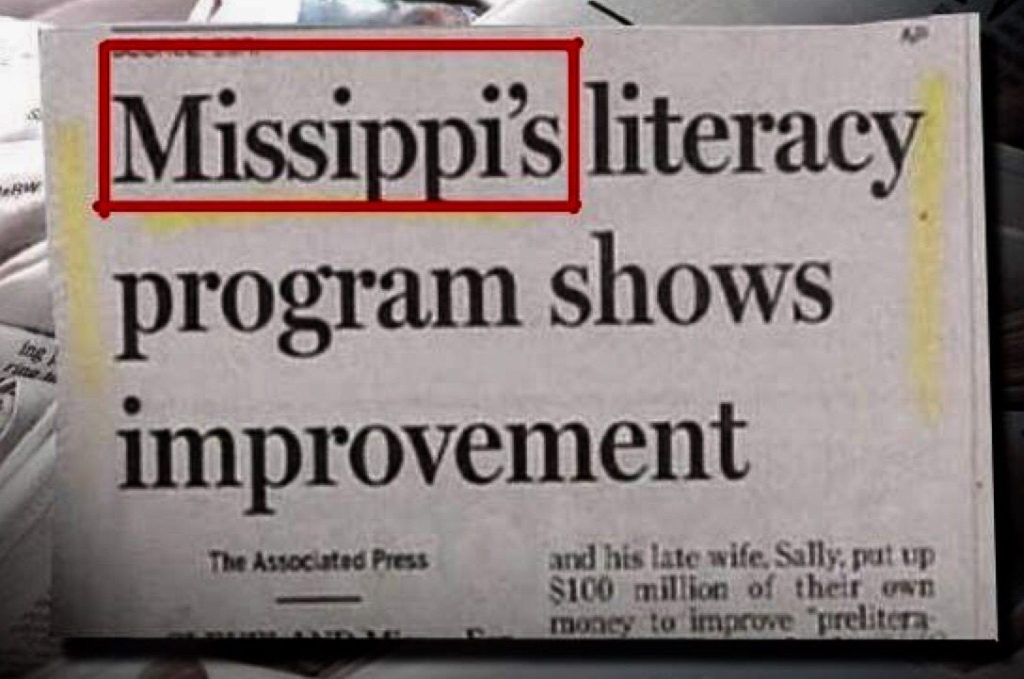
When you arrive at Numbers 14 God rewards you with some really good, bad examples.
Let’s begin with a bad example of worldly grief versus godly grief. Verses 39-40 describe the reaction of God’s people upon hearing the news of judgment: “the people mourned greatly.” They are ready to follow the Lord’s earlier instruction (“We will go up to the place that the Lord has promised…”). They even confessed, “for we have sinned.” What could be more genuine than that, right?
The second major move or thought-block in this sermon could be in vv. 42-45. This contains the significant theological statements: “the Lord is not among you” (v. 42) and “the Lord will not be with you” (v. 43) and “neither the ark of the covenant of the Lord nor Moses departed out of the camp” (v. 44).
You might think that confession is enough–they confessed their sin. But it wasn’t enough to renew their relationship with their God. He’s not there.
Verse 41 explains the problem and I decided to keep this until the final move in the sermon. It’s the reason for labeling their grief, worldly, instead of godly.
“But Moses said, ‘Why now are you transgressing the command of the Lord, when that will not succeed?”
What an important question to ask any spiritual protégé/disciplee.
Israel and your flocks too are only defeated in spiritual battles when they fight without the Lord’s powerful presence. And He only withholds His powerful presence when we are not willing to give up our rebellious ways.
In Israel’s case, they confessed their sin of not going up to Canaan. However, after hearing the judgment, they are determined to go up even though they were told not to. The result was complete defeat.
Thank our Lord we have an opportunity every Sunday to express our loyalty to Him. God help us and those we teach to stay focused on faith-driven obedience and fight hard against any stubborn spiritual streaks so we don’t follow their bad example.
And may He receive glory in the church and in Christ Jesus through your efforts (Ephesians 3:21).
Randal





